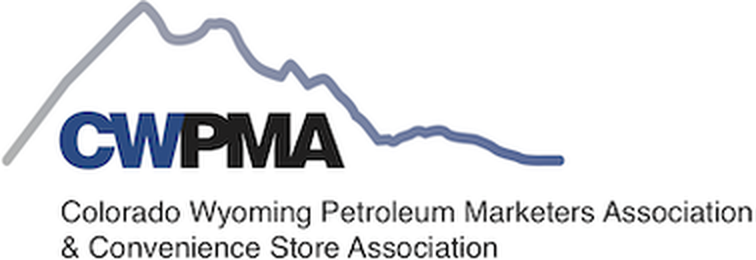Effective July 1, 2022, Colorado imposes a retail delivery fee on all deliveries by motor vehicle to a location in Colorado with at least one item of tangible personal property subject to state sales or use tax.
The retailer or marketplace facilitator that collects the sales or use tax on the tangible personal property sold and delivered, including delivery by a third party, is liable to collect and remit the retail delivery fee. Deliveries include when any taxable goods are mailed, shipped, or otherwise delivered by motor vehicle to a purchaser in Colorado.
The retail delivery fee is due at the same time as your sales tax return. Returns are generally filed on a monthly basis and must be filed on or before the 20th day of the month following each reporting period. Retailers permitted to file state sales tax returns on a quarterly, annual, or other basis will file the retail delivery fee return on the same schedule.
The retail delivery fee will be reported and paid on a new return, the DR 1786 form. The retail delivery fee is collected state-wide, does not need to be separated by jurisdiction, and is calculated per sale. The retail delivery fee is made up of six different fees. The rates are listed below.
|
Fee Type |
Rate July 2022 to June 2023 |
|---|---|
|
Community Access Retail Delivery Fee |
$ 0.0690 |
|
Clean Fleet Retail Delivery Fee |
$ 0.0530 |
|
Clean Transit Retail Delivery Fee |
$ 0.0300 |
|
General Retail Delivery Fee |
$ 0.0840 |
|
Bridge and Tunnel Retail Delivery Fee |
$ 0.0270 |
|
Air Pollution Mitigation Retail Delivery Fee |
$ 0.0070 |
|
Total Retail Delivery Fee |
$ 0.27 |
Retailers that make retail deliveries must show the total of the fees on the receipt or invoice as one item called “retail delivery fees”.
If every item in a retail sale is exempt from sales tax, the delivery is also exempt from the retail delivery fee. However, if one or more items in the transaction are subject to sales tax, the retail delivery fee is due. Each sale for delivery is considered a single “retail delivery” regardless of how many shipments are needed to deliver the items purchased.
Account Registration
Prior to July 1, 2022
As a courtesy, retailers with an active sales tax account, a retailer license, and any sales tax liability reported after January 1, 2021, will be automatically registered for a retail delivery fee account by July 1, 2022. Additionally, any open out-of-state retailers or retailers’ use account holders will also be automatically registered. There is no license required or registration fee due.
Additional Ways to Create an Account After July 1, 2022
· Existing Locations or Accounts
- Can Use Revenue Online
- Go to Revenue Online and log in.
- Go to the “More” tab.
- Then in the “Additional Actions” panel, click on the “Add Retail Delivery Fee Account” link.
- File Using the PDF DR 1786 Form
- Completing and filing the Retail Delivery Fee Return using the DR 1786 form will register a Retail Delivery Fee account for you.
- SUTS
- There will be an option on the Sales and Use Tax System (SUTS) to sign up for a Retail Delivery Fee account.
· New Locations or Accounts
- You will be able to add this type of account when opening a new location or by submitting a CR 0100AP form. On the new location or account, you will have the ability to indicate that deliveries of taxable goods will be made. Be sure to select the correct box on the application, so that a Retail Delivery Fee account will be added.
Frequently Asked Questions
Expand All
1. I have a sales tax account. Do I need to have a retail delivery fee account?
2. Does the retail delivery fee apply to tangible personal property delivered outside of Colorado?
4. Who is liable for the retail delivery fee? Do I charge the fee to my customers?
5. When is the retail delivery fee return due?
6. Is the retail delivery fee required to be printed on our invoices or receipts?
7. Does the retail delivery fee apply to deliveries made by third-parties?
8. When I use a third-party delivery service, who will be charging the fee?
9. What do I do if I remit delivery fee in error on items not subject to the fee?
10. Can I receive credit on items that are returned?
11. My customer ordered multiple items, do I charge one delivery fee for all or multiple?
13. Does the retail delivery fee apply when the shipping is free to the purchaser?



